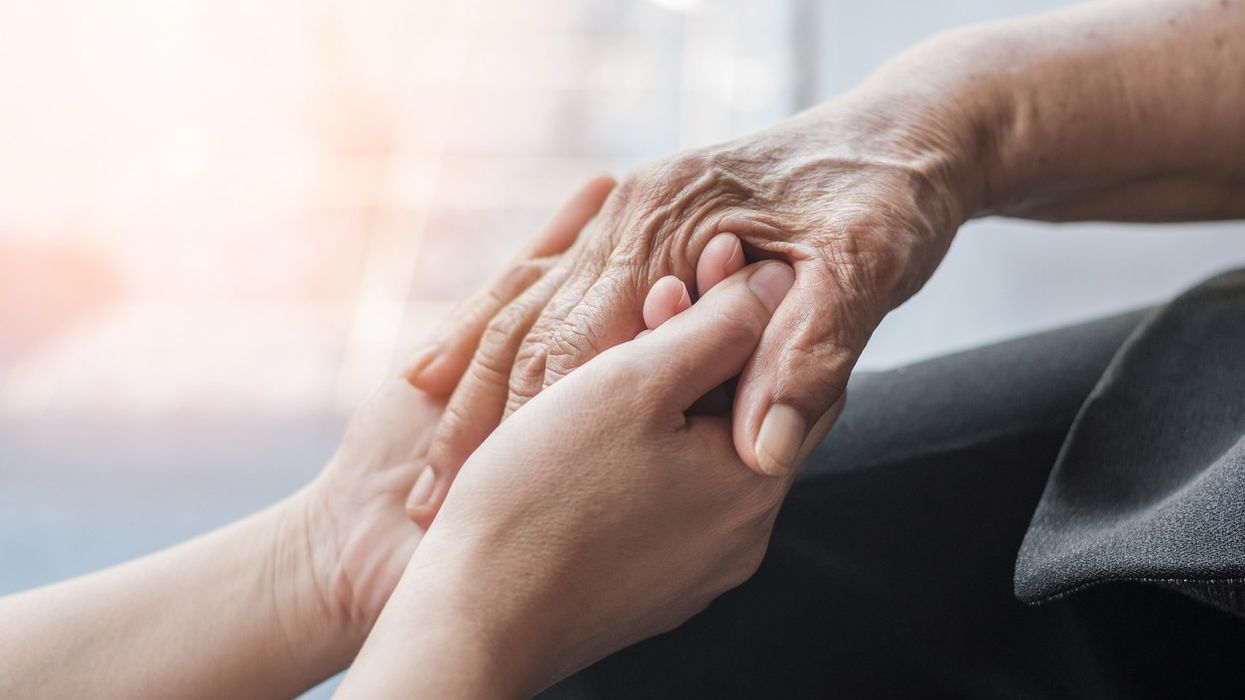DEATHS due to Alzheimer's disease were found to be lowest among taxi and ambulance drivers, who frequently process spatial and navigational information, according to a new study.
The findings, published in the British Medical Journal, suggest that working in these professions may have a protective effect against Alzheimer's disease, an age-related condition that progressively deteriorates memory, thinking, and daily functioning.
Researchers, including those from Massachusetts General Hospital, analysed death data from the US National Vital Statistics System for adults across 443 different occupations.
Of the nearly nine million people whose occupational information was available, almost four percent had Alzheimer's disease listed as a cause of death, the researchers found.
Among the 16,658 taxi drivers, about one percent (171) died from Alzheimer's disease, while 10 of 1,348 ambulance drivers (0.74 per cent) died from the neurodegenerative condition.
Compared to the general population and all other occupations examined, taxi and ambulance drivers had the lowest proportion of deaths due to Alzheimer's disease.
This trend was not observed in other transport-related jobs, such as bus drivers or aircraft pilots, possibly due to their reliance on pre-determined routes, the authors noted.
They also pointed out that the trend was not seen in individuals suffering from other forms of dementia, suggesting that neurological changes in the brain's hippocampus region -- or elsewhere -- among taxi and ambulance drivers may explain the reduced Alzheimer's risk.
The hippocampus, a brain region involved in memory, learning, and decision-making, plays a critical role in spatial memory and navigation. This area is also known to be affected in Alzheimer's disease.
The authors referenced a previous study showing that London taxi drivers had an enhanced hippocampus compared to the general population.
However, as this was an observational study, the researchers cautioned that no cause-and-effect conclusions could be drawn.
"In an analysis of nearly all death certificates in the United States, taxi drivers and ambulance drivers, whose jobs require frequent spatial and navigational processing, were found to be the occupations with the two lowest risk-adjusted percentages of deaths due to Alzheimer's disease," the authors wrote.
"Further research is necessary to definitively determine whether the spatial cognitive work required in these occupations affects the risk of death from Alzheimer's disease, and whether any cognitive activities can potentially be preventive," they wrote.
(PTI)





